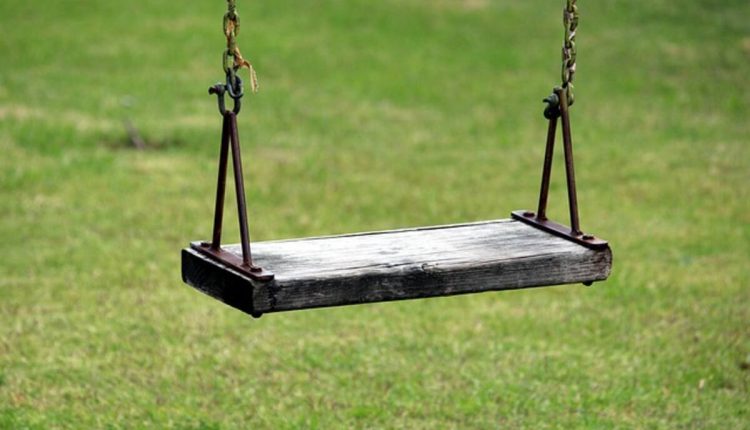First, two primary concerns must be addressed while constructing a playground: laying down a secure playground flooring and collecting the required playground apparatus. The first problem is the flooring, which plays a deciding role when a youngster is tumbling down yet is often disregarded. The vast majority of playground injuries are the result of falls. Grass or natural dirt usually won’t provide enough protection for a child’s fall.
The equipment is another important consideration, and no expense should be spared in this area. The current playing equipment can be used as long as it is in good condition. If you’re in the market for new machinery, buy from a reputable maker whose products meet all applicable safety regulations. The manufacturer will specify which pieces of equipment you may install and which require professional service.
The area of the playground should be calculated.
First, we must designate a playground space big enough to hold all the equipment and absorb any potential damage from a child’s fall. Remember that there should be nothing in the way of the point of impact. Knowing the critical fall height of the apparatus is necessary for determining this area. Protective playground flooring certified to absorb the force of a fall from two meters in height, for instance, would need to cover the ground. Additionally, the flooring must extend 1.8 m past the furthest point of the apparatus in question. The following formula determines the impact area: 2/3*critical fall height + 50cm.
This means that the playground surface must always extend 1.5–2.5 meters beyond the perimeter of the playset.
The three-meter fall height restriction is another crucial safety measure. Ensure that no equipment that a youngster can stand on or climb is more than 3 meters in height. Lastly, use common sense as the primary guidance when constructing a backyard playground.
Making ready the subfloor
After planning the playground’s layout, inspecting where the existing equipment is, or installing the new equipment (according to the manufacturer’s instructions), the subfloor can be laid. A bonded subfloor (concrete, paving stone, asphalt, tiles) makes it much simpler to construct a do-it-yourself playground. In that instance, laying down a subfloor before installing safety flooring is unnecessary. Selecting interlocking rubber playground mats eliminates the need for adhesives.
The subfloor must be prepared to become load-bearing and solid if it is unbound, such as soil, sand, or grass. Preparing grit or gravel bedding is the best and most cost-effective option. Compact and level a layer of sharp-edged gravel measuring about 15 centimeters deep over the existing surface. The safety playground mats can be paved straight onto the gravel bedding now. The permeable matting will allow water to filter through to the gravel below. Thanks to this eco-friendly and functional solution, the playground may be used in all kinds of weather, and there won’t be any puddles.
Playground surface that requires less upkeep
For the safest do-it-yourself playground surface, rubber mats are your best bet. In addition to being ridiculously simple to set up, they also need almost no upkeep. Playground mats are produced from polyurethane-bonded rubber granulation, an entirely waterproof and permanently elastic substance. They won’t dry out or break; you can expect them to endure at least 15 years. Mats can be removed or switched out one at a time if necessary.
The alternatives to rubber mulch for playgrounds are either prohibitively expensive or impossible to manage. Sand, grass, and wood chips, in particular, require regular upkeep, replacement, and reapplying. Communities and neighborhoods may find the costs associated with this to be prohibitive. Especially considering how thick a coating of these loose fill materials must be to meet fall protection standards.
Easy fall safety for any playground can be achieved using rubber playground mats. Each safety mat has a different critical fall height, and the manufacturer will let you know which ones can be installed on an unbound subfloor. Rubber granulate mats feature compact forms that make them simple to cut on-site, which is helpful for do-it-yourself projects.
You need a manufacturer who will advise and help you whether you need 10 m2 or 100 m2 of playground mats when looking for high-quality yet economical protective flooring to build a playground with. Check out this German firm’s many blogs, websites, and phone lines where they gladly assist private and public customers: www.warco-tiles.com/safety-floor-playground-tiles. The safety of children is our top concern whether they are playing in your backyard or the mall plaza.
Read also: Art Deco Interior Design.


